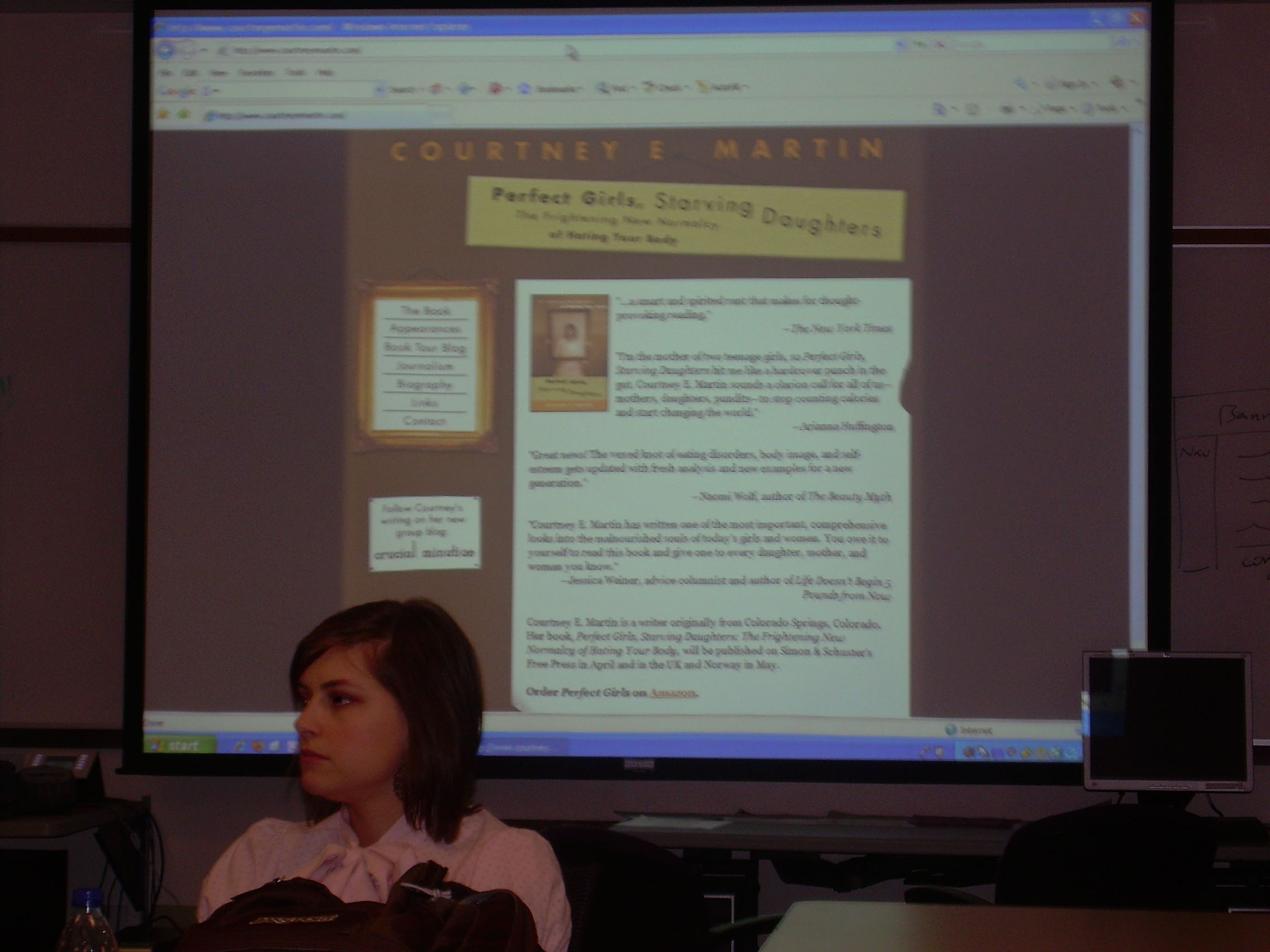Now in Its 15th Year, the Center for Digital Expression Has Expanded Its Mission on-Campus
and in the Community.
In 2006, George W. Bush was president, Italy won the men’s soccer World Cup and Victor J. Boschini was entering his third year as TCU chancellor. 2006 was also the year TCU opened the doors on the TCU New Media Writing Studio.

Since renamed the Center for Digital Expression (CDEx) in 2010, CDEx has expanded its mission and resources. True to its founding, CDEx serves a resource for members of TCU community to express themselves using digital media and technology. It also serves as a focal point for the Digital Culture & Data Analytics (DCDA) minor and supports the undergraduate arts journal, eleven40seven.
Jason Helms, Ph.D., CDEx’s Director, said the best part of working at the Center was the fulfillment that comes with helping others succeed. “What surprised me most about the experience was realizing that I'm just wired to want to help other people succeed,” Helms said, adding, “What I love most about working at the center is the core of what we do: step in alongside students, faculty and staff and offer them the guidance they need to realize their digital projects.”

CDEx Associate Director Curt Rode, Ph.D., reflected on what he likes about working with the Center, saying “We both learn and teach ways to take what we explore in the classroom to those outside the academy. Ideas and stories can ‘go viral’ through digital media in ways the five-paragraph essay never will.”
Nourishing Creativity-Even Through COVID-19
Created to direct creative expression through digital mediums, CDEx has acted as both workspace and classroom. CDEx faculty and students consult with members of the TCU community in need of training on how to use programs such as Adobe InDesign, as well as skills training in areas like photography, web development and podcasting.
According to Helms, one of the challenges that has faced CDEx over the years has been the constant changes in digital expression tools and formats. “I taught a course on animation three times over a period of six years at TCU, and I never used the same software twice,” he said. The payoff to that constant change is that focusing on fundamentals allows students to retain relevance in a changing digital environment. In other words, students can take their rhetorical, writing, critical thinking and communication abilities, and with CDEx’s help, apply those same abilities to the digital expression technologies of the day.
Over the years, CDEx has hosted outside speakers to talk with students about emerging trends in digital media. One such guest speaker was Matthew Jockers, a former University of Nebraska-Lincoln academic now employed by Apple.

Even through COVID-19, CDEx continued its mission of advising and nurturing digital expression at TCU. Faculty members especially have taken advantage of CDEx and its Zoom seminars as they navigate teaching remotely. Consultations and events also continue through Zoom, though equipment borrowing requests have declined due to social distancing concerns, said Rode.
CDEx’s mission is “people focused, not tool focused,” said Angela D. Mack, CDEx Assistant Director. “Given how COVID-19 isn't gone and many in our campus community are still dealing and moving through its impact,” Mack said, “focusing on people is all the more critical in our endeavor to help facilitate a greater ease with digital tools.”
A Growing Minor
While CDEx serves as a teaching space and laboratory for digital expression, it is also the focal point for the DCDA minor program. In the minor, students learn how “how digital technologies shape, analyze and articulate contemporary culture,” according to its description.
Starting with three students in Fall 2017, the DCDA minor has grown to around 90 students in the Fall 2021 semester, according to Rode. Students in the DCDA minor learn how digital technologies influence culture and how to use digital tools, such as Tableau, the Adobe Creative Cloud and podcasting software, can be used for digital expression. CDEx’s physical space in Scharbauer Hall 2003 is the site of many of the minor’s classes.
In addition to physical space, “The staff of the CDEx also provides students in the DCDA minor (as well as students in general) with tutoring support and software training as they work on digital projects for their courses,” Rode said.
A Home for Student Art
CDEx also provides support to TCU’s undergraduate arts journal, eleven40seven, most notably in the form of physical space, financial support and design and publishing software. The publication of eleven40seven is the subject of a Writing course, WRIT 30390: Publication Production. The situation is a win-win; student artists publish their work in a creative outlet overseen by student publishers gaining experience in designing, editing and publishing.
